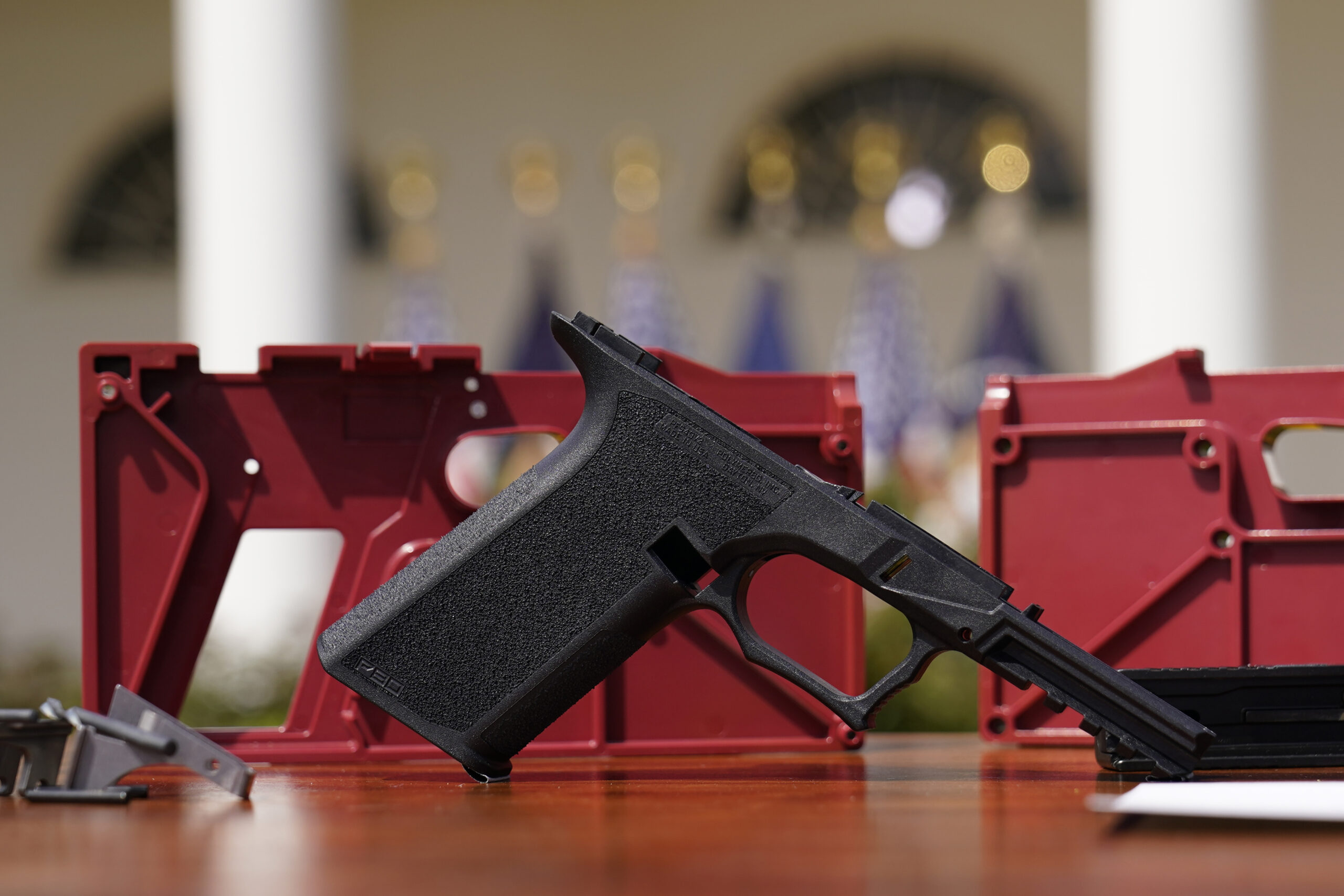Supreme Court Battle Erupts Over ‘Ghost Guns’: Justices Clash on Gun Control
On March 26, 2025, the U.S. Supreme Court issued a landmark ruling, backing the Biden administration’s new regulation on “ghost guns.” These untraceable firearms, often assembled from kits, have raised growing concerns in the U.S. due to their potential misuse. In a 7-2 vote, the Court ruled that kits used to assemble ghost guns must bear serial numbers and require buyers to undergo background checks and age verification.
The Ruling Explained
Justice Neil Gorsuch, who wrote the majority opinion, argued that the regulation aligns with the 1968 Gun Control Act. He emphasized that the rise of ghost guns, which are increasingly used in crimes due to their untraceable nature, calls for updated rules. The decision overturned a lower court ruling that had previously found that the Bureau of Alcohol, Tobacco, Firearms, and Explosives (ATF) overstepped its authority by regulating these kits.
Dissenting Views: A Clash of Opinions
However, the decision was not without controversy. Justices Clarence Thomas and Samuel Alito dissented, warning that the regulation was an overreach by the government. They argued that the 1968 Gun Control Act did not cover unfinished frames or receivers, which are key components of ghost gun kits. Their stance highlights the ongoing debate on how far government regulation should go in the realm of gun rights.
The Growing Threat of Ghost Guns

Ghost guns have become a serious concern for law enforcement and gun safety groups. These firearms are assembled from parts that don’t require serial numbers, making them nearly impossible to trace once they are used in a crime. The Supreme Court’s decision is seen as a significant step towards enhancing public safety and curbing the rise of such untraceable weapons.
A Shift in Gun Rights and Regulation
This ruling underscores the Supreme Court’s critical role in balancing individual gun rights with public safety concerns. As technology evolves and new forms of firearms emerge, the Court’s decisions will continue to shape the legal landscape surrounding gun ownership and regulation in America.


Comments are closed, but trackbacks and pingbacks are open.